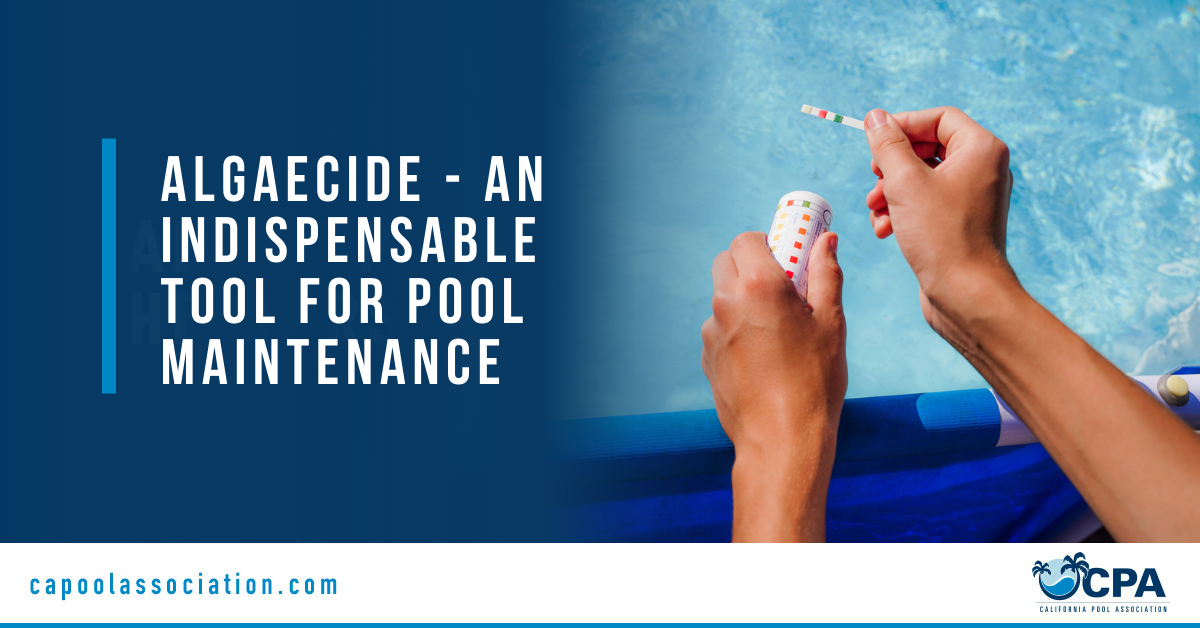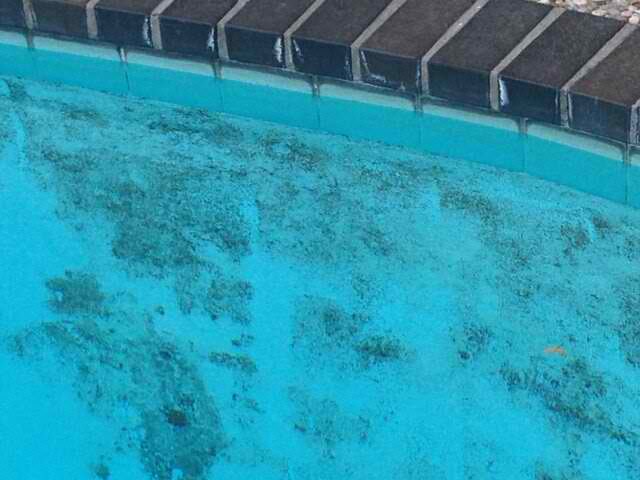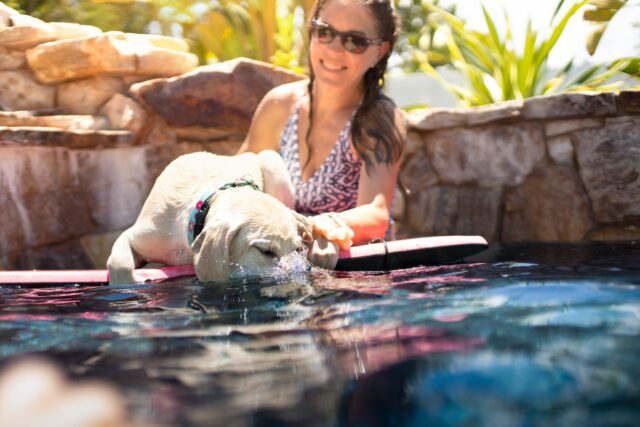
Pool maintenance is not always a glamorous job. It can be hard work and time-consuming. But it’s worth the effort because it helps keep a pool clean and safe for swimming. Therefore, having an Algaecide is one of the most important tools in the pool maintenance arsenal. They are designed to kill algae, which can grow in your pool if you don’t take care of it.
There are many dangers of not treating algaecide which according to Sunrise Pool include skin issues, bacterial infections, and even physical injuries because of low visibility. There are many algaecides on the market, but not all of them are as effective as they claim to be, and some can even have harmful effects on humans. So how do you know which one to choose?
To help you find the best algaecide for your needs, we’ve compiled a list of our top picks below.
Algaecides are important for the prevention of algae growth in a pool. It is important to know what factors to consider before buying an algaecide for a pool.

The most common mistake is not reading the directions. Algaecides are made with different active ingredients and therefore require different methods of application. It’s important to read the label for the correct dosage, method of application, and any other special instructions.
If you’re using a liquid algaecide, be sure to mix it in water before spraying it on a surface or in a pool. If you’re using a granular algaecide, be sure to apply it evenly over the surface of the pool and be sure that there is enough water in the pool to dissolve it before you close your pool for winter.
Some algaecides are copper-based, which can stain your pool and harm your dog if used excessively. Others are copper-free, which may be safer for your dog and your pool. However, algaecides are not enough to get rid of algae in your pool. You also need to use pool shock, which is a high dose of chlorine or other sanitizer, to kill the algae and prevent regrowth. Pool shock can also be harmful to your dog if not used properly. You should always follow the directions on the label of any pool chemical and keep your dog away from the pool until the chemical levels are safe. You should also test your pool water regularly and maintain a balanced pH, alkalinity, and sanitizer level to prevent algae growth. Algae can be a health hazard for both you and your dog, so it is important to keep your pool clean and clear.
